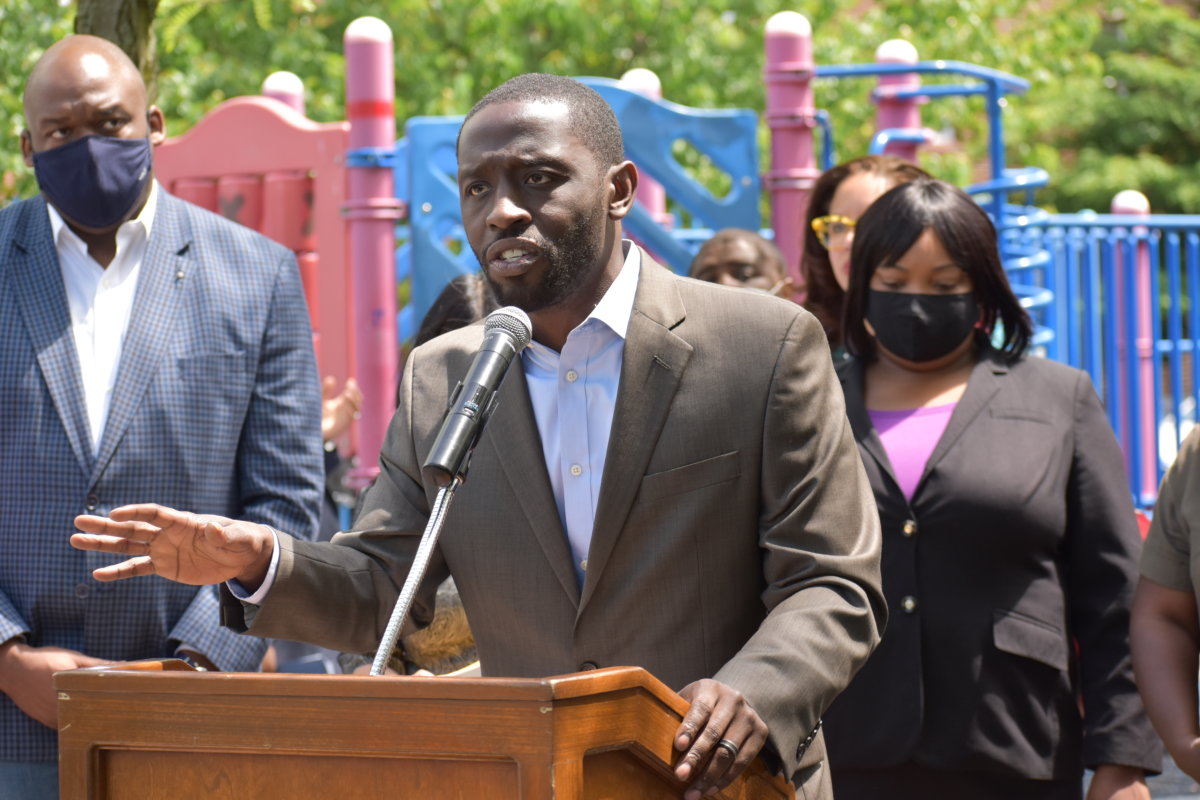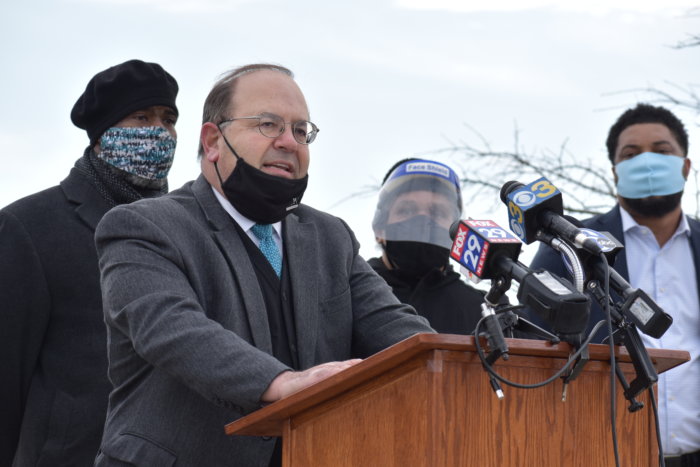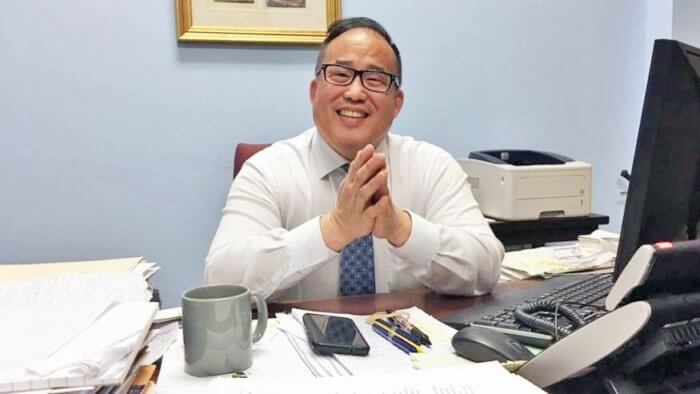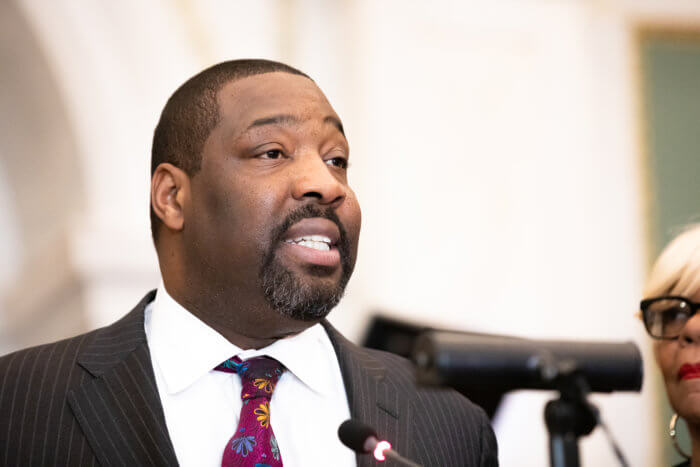Legislation that would prevent police from pulling over drivers for minor offenses, in the name of reducing racial bias in traffic stops, was amended Thursday.
Noise and muffler-related violations were removed from the category of infractions that would not warrant a stop, and the bill, which was originally set to go into effect immediately, now won’t be implemented for four months.
Councilman Isaiah Thomas, the law’s sponsor, “heard misconceptions from Philadelphians and worked to ensure that the bill is clear and accurate,” his office said.
Thomas’ team believes the legislation, known as the “Driving Equality Bill,” would be the first-of-its-kind in the country, and they expect it to be replicated in other cities.
Council promptly adopted the amendments during its weekly meeting, and a final vote is scheduled for next week. Mayor Jim Kenney is expected to sign the bill if it is passed.
The legislation is aimed at reducing disparities in traffic stops — 73% of drivers pulled over in Philadelphia since 2019 have been Black, according to city data.
Critics of the bill have argued that the changes will inhibit law enforcement, just as police are trying to tackle rising rates of shootings and homicides.
Thomas’s proposal breaks up vehicle violations into “primary” and “secondary” offenses, with the former constituting more serious infractions, such as speeding or ignoring a stop sign.
Officers could still pull people over for those more serious violations, but they would be told not to stop drivers for seven secondary offenses, including a broken taillight, outdated inspection and expired registration.
Police would only issue fines for minor violations if drivers are stopped for primary offenses, Kenney’s office told Metro last month.
A companion bill would require authorities to closely track data related to traffic stops and collaborate with City Council and a new Citizens Police Oversight Commission to review policies.
Thursday’s changes reclassified illegally-modified mufflers and vehicles exceeding sound limits from minor to serious violations.
“Since we began this process, noise control issues with ATVs and drag racing have grown to the forefront of constituent issues,” Thomas said in a statement. “The data and personal anecdotes suggest that these issues do not impact public safety, I still believe that.”
Video clips posted online Saturday showing cars drifting and doing other stunts in front of a crowd of people and fireworks at a blocked-off intersection near City Hall drew attention and outrage. Similar events were staged that night in other neighborhoods, including Crescentville.
No one was arrested and officers who attempted to disperse the groups were not injured; however, police have said they are looking to identify those involved in the gatherings.
Kenney told reporters at a traffic safety news conference Wednesday that his administration is working on a strategy to thwart the events, sometimes called “sideshows.”
“High-speed chases are not the way to do it,” he said. “You’re going to put the cyclists in danger, the police officer in danger, and the public in danger.”
“We’re trying to figure out ways to figure out where these things are stored,” Kenney added. “We’re looking at the possibility of where they’re fueling their vehicles.”
The other major change to the “Driving Equality Bill,” delaying its implementation for 120 days, stemmed from a PPD request to allow for more time for training, according to Thomas’s office.
Police administrators and officers have already been alerted of the legislation.
Language was also added to the law to clarify that multiple broken lights on a vehicle would constitute a primary violation.
































